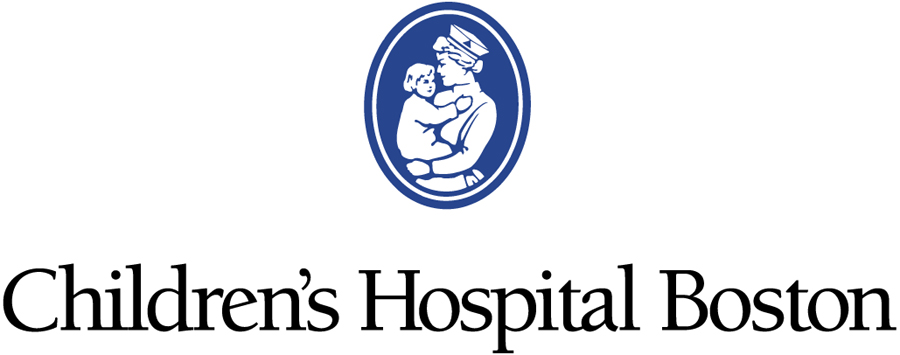We are a comprehensive community asthma initiative based at Children's Hospital Boston. Currently, we are targeting children ages of 2 to 18 who are either admitted to Children's Hospital Boston or seen in the ER for asthma or an asthma-related complication, such as pneumonia. These children are identified by a nurse case manager (i.e., a nurse practitioner), who conducts an initial assessment of the family's needs for the child's asthma care. This includes asthma education, housing or legal advocacy, pest management, care coordination, referrals to other social agencies, etc.
Our program began enrolling patients and families in October 2005 and we are currently piloting it in two neighborhoods with high rates of asthma. Residents of these neighborhoods are predominantly low-income and African American and Latino and our current enrollment is about 50% each of these two racial/ethnic groups. We have bilingual English/Spanish capability.
We are partnering with a community-based asthma education agency which has been in existence for more than five years and conducts asthma education and environmental assessments in the home. We have added a strong Integrated Pest Management (IPM) component to their usual education services and provide a "Homesafe kit" (developed by the Boston Public Health Commission), which has safe cleaning products, sticky traps, expanding foam and copper gauze to fill in holes where pests are entering, as well as low-literacy teaching materials on IPM. We additionally provide each family with a HEPA vacuum and other equipment such as A/Cs on a case-by-case basis.
We also have an IPM consultant, who is a licensed exterminator, who can accompany our home visitors into the home to perform the actual extermination with the least amount of non-aerosol pesticides possible. Our nurse practitioner accompanies the home visitor on many occasions, when the child has moderate to severe asthma and when there is a history of non-adherence or poor understanding of the Asthma Action Plan. The nurse case manager will also keep in telephone contact with the family, as well as the PCP and, if applicable, the asthma specialist.
Our primary outcome measures are: reduction in ER visits, reduction in admissions, reduction in missed school days. We are seeking approval from the Children's IRB to compare these outcomes to children seen at Children's for asthma from a comparable Boston neighborhood as a control group. The medical director for the initiative, Elizabeth Woods, MD, has strong program evaluation expertise. Our goal is to expand our program to other neighborhoods in Boston and are hoping to continue to expand our level of community collaboration. In addition, we have a program within our initiative that does community education for parents and child care providers, as well as supporting school nurses in both educational and material aid in delivering asthma care to the children in the Boston Public Schools.

